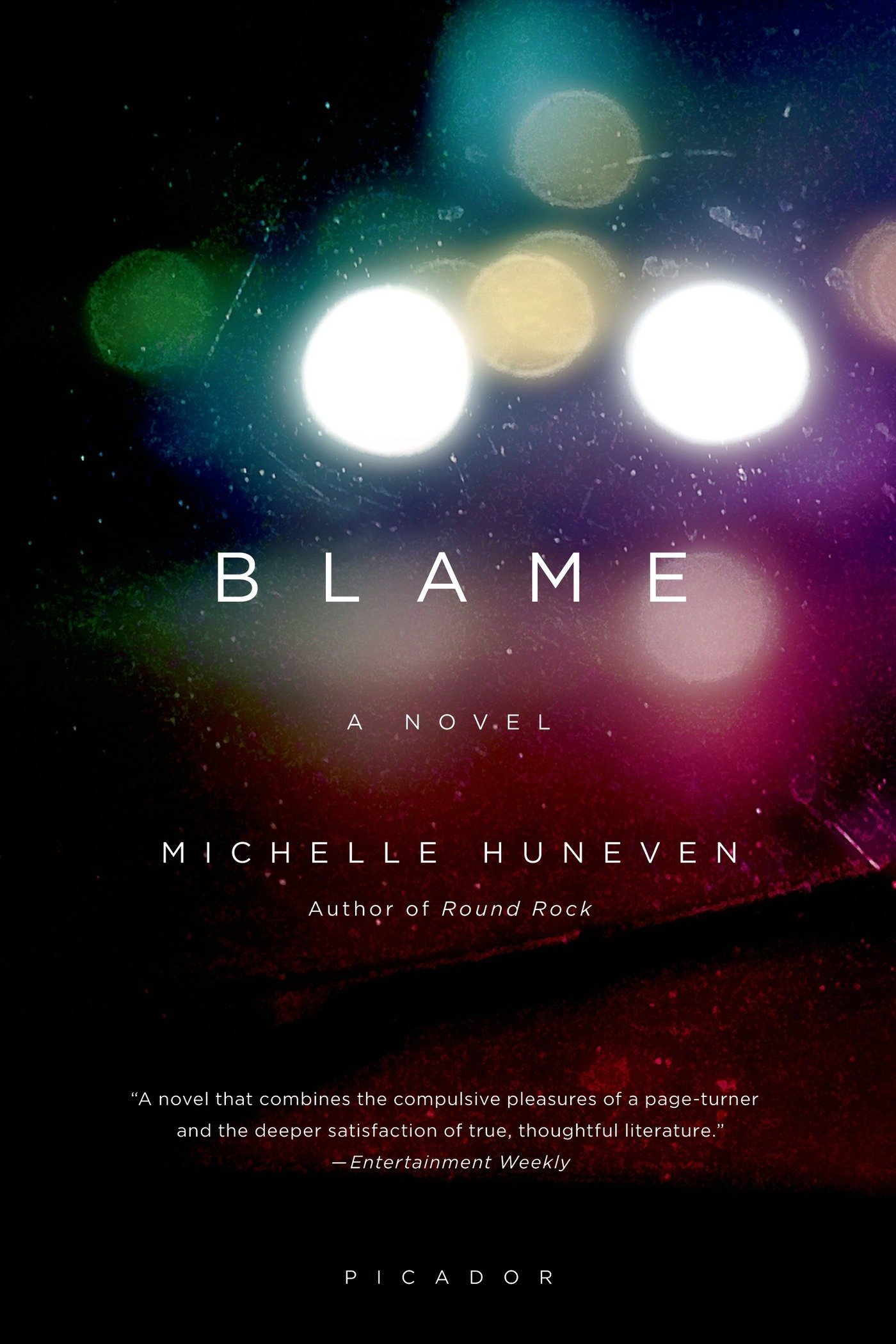BLAME
Patsy MacLemoore, a twenty-eight-year-old history professor with a brand-new Ph.D. and a wild streak, wakes up in jail—yet again—after another epic alcoholic blackout. This time, though, a mother and daughter are dead, run over in Patsy's driveway. Patsy will the next decades of her life atoning for this unpardonable act. She goes to prison, sobers up, marries a much older man she meets in AA, and makes ongoing amends to her victims' family. Then, another piece of news turns up, casting her crime, and her life, in a different and unexpected light. Brilliant, morally complex, and often funny, Blame is a breathtaking story of contrition and what it takes to rebuild a life from the bottom up.
WHERE TO BUY
Praise for Blame
“In the short first section of this elegant, hair-raising novel, Joey, a precocious twelve-year-old, gets her ears pierced by her uncle’s girlfriend, Patsy, who seems like a minor character until Part Two, when she wakes up in jail and her story takes over. Patsy is a blackout drunk, accused of having run over and killed a mother and daughter in the driveway of her house. In prison, where she works at a firefighting camp, she is forced to join A.A., and guilt drives her not only to make amends but to do good. Released and sober, she takes an apartment with no associations, returns to her job teaching history, marries, and is negotiating a sticky web of relationships, when Joey, now in her twenties, reappears, with disorienting information. Huneven’s prose is flawless, with especially arresting descriptions of the Southern California landscape, and her strong but fragile heroine is mercilessly honest.”
“Readers may be attracted to “Blame” by its provocative premise, but they will be seized by the way Huneven lays open the delicate tissues connecting intention and the self.”
“‘Blame’ . . . is firmly rooted in the moral ambiguities of addiction and recovery, probing responsibility, guilt and exoneration with a philosophical elegance. Huneven’s prose moves like a hummingbird, in small bursts that are improbably fast and graceful.”
